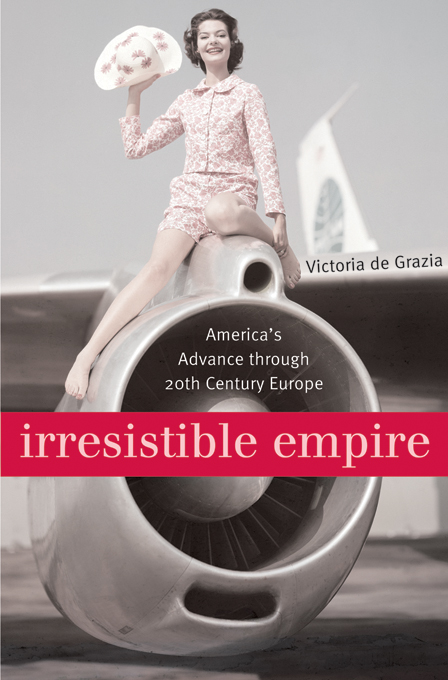The Myth of Isolationism
“Irresistible Empire”-Victoria De Grazia’s Market Empire

“Let your thoughts and your imagination run abroad throughout the whole world, and with the inspiration of the thought that you are Americans and are meant to carry liberty and justice and the principles of humanity wherever you go, go out and sell goods that will make the world more comfortable and more happy, and convert them to the principles of America” – Woodrow Wilson to World’s Salesmanship Congress, Detroit, Michigan, July 10, 1916.
The postwar period saw the rise of what historian Victoria De Grazia termed “The Market Empire” and what other historians, such as Geir Lundestaat, argue is an “Empire by Invitation,” or as De Grazia’s book title puts it “Irresistible Empire.” De Grazia argues that starting in the 1920s America built a world dominated not necessarily by its military, but by its consumer culture. The appeal and transformative nature of consumer culture allowed the United States to establish itself as a Superpower by appealing to the world with its goods, services and civic institutions. As you explore De Grazia’s argument ask yourself how it ties into Emily Rosenberg’s conception of the Cooperative State. Was the Cooperative State a vehicle for establishing a new kind of Empire? Was the spread of American culture, ideology and institutions an Empire? Is De Grazia’s conception of a Market Empire a useful tool for understanding US foreign relations? How would you describe American led global consumer culture?
